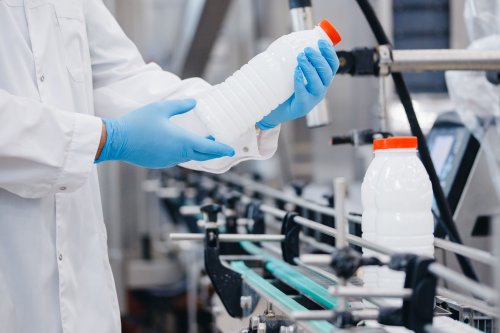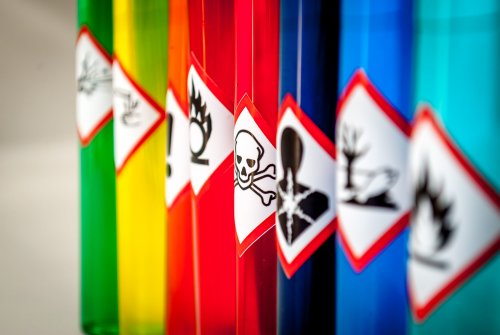In Germany, one of the largest chemical complexes in Europe, Covestro, has launched a pilot project to produce aniline from sugar rather than oil refined products.
Aniline is a raw material for the production of foam rubber, which is widely used for the manufacture of mattresses, furniture fillers, and building insulation, Tech Xplore reports.
It is noted that such a project is a step towards decarbonizing the chemical industry, and thus reducing greenhouse gas emissions that cause climate change.
The article emphasized that the chemical industry consumes a quarter of the 100 million barrels of oil produced worldwide every day. The world produces about 6 million tons of aniline annually, including 1 million tons at Covestro.
Plastics manufacturer Covestro, a former unit of chemical giant Bayer, launched a pilot project to replace oil with sugar at the end of 2023. The company currently produces half a ton of aniline per day.
It is noted that some experts questioned the environmental friendliness of such a technology, because replacing oil with sugar leads to an increase in industrial agriculture. This leads to increased fertilizer needs and the use of more water.
According to Jens Gunther of the German Federal Environment Agency, the use of plant-based raw materials in production processes is likely to result in significantly lower greenhouse gas emissions than the use of fossil fuels. However, he considers the use of vegetable waste from agriculture to be more sustainable.
Covestro added that there are a number of obstacles to the development of the technology, including the economic competitiveness of such aniline. After all, the use of sugar is more expensive than the use of oil.
"Extending the process will only be justified if it leads to significant CO2 savings in the production process," said Covestro board member Thorsten Dreyer, who oversees the technology.
The article adds that the industry's transition to sugar raw materials will require the construction of new expensive facilities for processing chemicals.
As EcoPolitic previously reported, scientists from Northwestern University in the United States claim to have developed a way to destroy PFAS, the so-called eternal chemicals, using low-temperature and cheap products, in particular sodium hydroxide.





